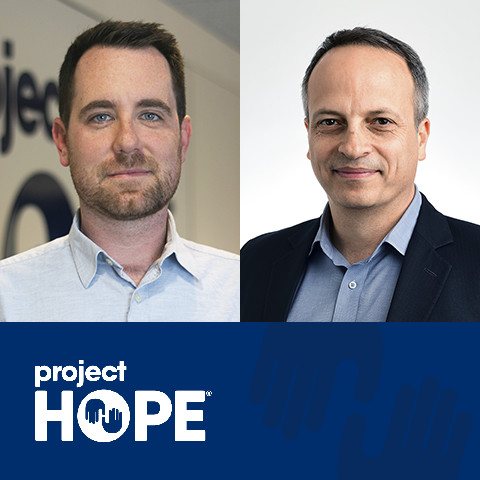Sort By...
THURSDAY, MAY 8, 2025
Menacing Melanoma: Marc Hulbert, PhD on How You Can Fight Back
Skin cancer is the most common cancer in the United States, and melanoma is its deadliest form. Cases have tripled in the past 30 years, particularly among younger people — even as rates for other common cancers have gone down.
Marc Hurlbert, Ph.D., CEO of the Melanoma Research Alliance (MRA), joins “Conversations on Health Care” hosts Mark Masselli and Margaret Flinter to talk about the urgent need for more research, the role of philanthropy, and why early detection remains critical.
“We’ve invested in research that’s led to 17 FDA-approved treatments, dramatically improving patient outcomes — and the dermatologist remains one of our strongest allies,” Hurlbert shares.
He also discusses the promise of cutting-edge tools like gene-based blood tests and machine learning, while calling for broader access to clinical trials.
“I think we’re at a place where philanthropy is doing more to advance research than the government,” he says.
From innovative treatment approaches to the push for inclusive prevention efforts across all communities, this conversation offers critical insights during Melanoma and Skin Cancer Awareness Month.
Watch the episode to learn more.

















